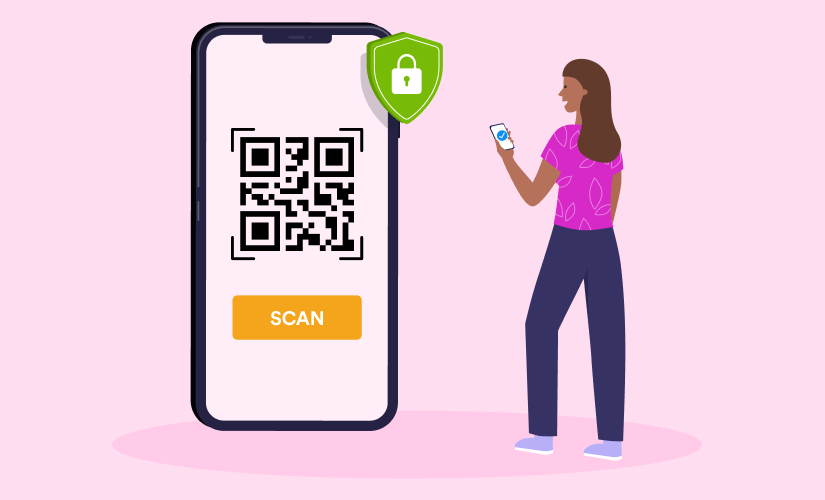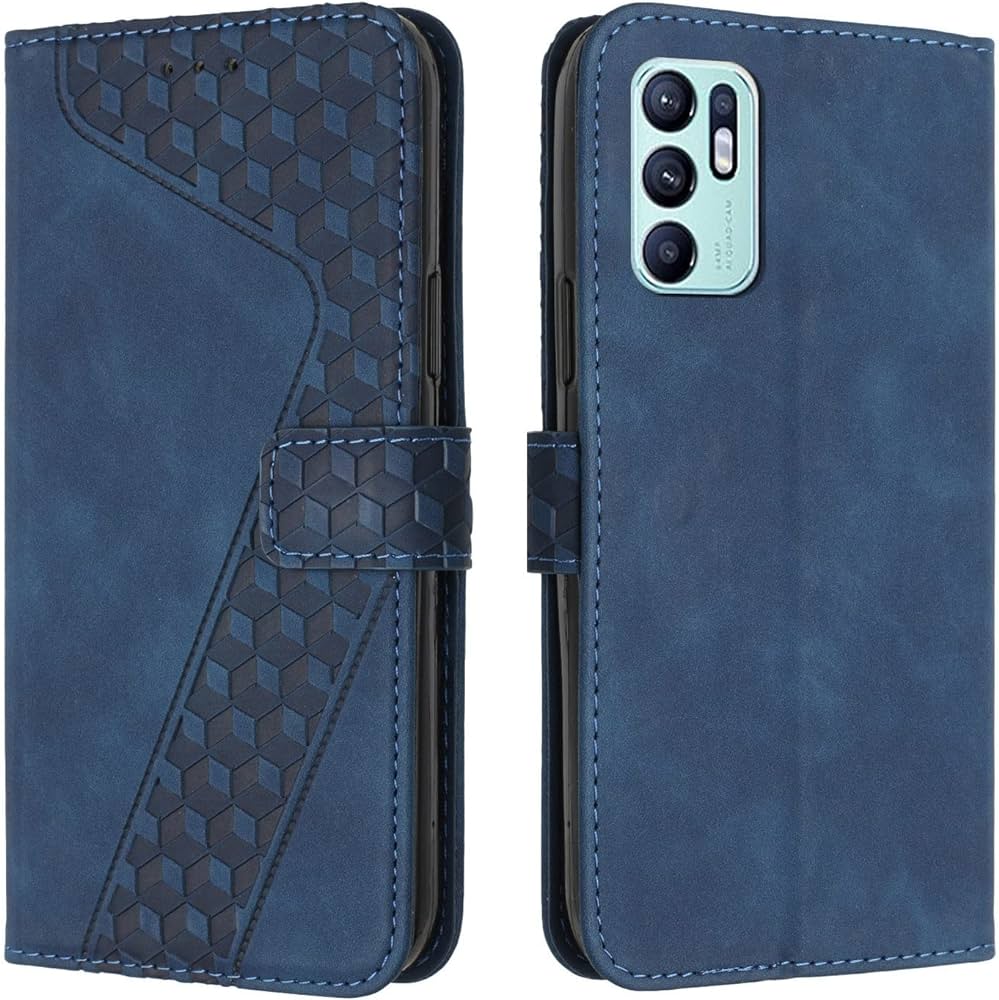In an increasingly digital world, security has become a top priority for businesses and individuals alike. The rise of Quick Response (QR) codes has brought about new opportunities to enhance security measures, particularly in the areas of authentication and verification. QR codes, originally developed for tracking purposes, have evolved into a powerful tool that can bolster security protocols and protect sensitive information. In this article, we will explore how QR codes are being utilized to enhance security and ensure authentication and verification.
Secure Two-Factor Authentication
QR codes provide a secure method for implementing two-factor authentication (2FA) protocols. With 2FA, users are required to provide two forms of identification to access their accounts, adding an extra layer of security. QR codes can be generated and displayed on a user’s device or sent via email or SMS. When logging in, the user scans the QR code using a dedicated app or their smartphone’s camera, which generates a unique authentication code. This code is then combined with the user’s password to grant access to their account. By utilizing QR codes for 2FA, businesses can significantly reduce the risk of unauthorized access and protect sensitive data.
Identity Verification and Document Authentication
QR codes can be employed for identity verification and document authentication, enhancing security in various industries. For instance, government-issued IDs, passports, or driver’s licenses can be equipped with QR codes containing encrypted information. Verification authorities, such as border control agents or law enforcement, can scan the QR codes to authenticate the document’s validity and verify the identity of the individual. This process reduces the risk of forged or tampered documents, enhancing security in areas such as travel, banking, or access control.
Secure Payments and Transactions
QR codes play a crucial role in secure payments and transactions. When making a payment using a mobile wallet or payment app, QR codes are used to establish a secure connection between the user’s device and the payment terminal. The QR code contains encrypted payment information, ensuring that sensitive data is transmitted securely. By scanning the QR code, the payment app can initiate the transaction without exposing credit card details or personal information. This method of secure payment reduces the risk of data breaches and fraudulent activities, instilling trust and confidence among users.
Anti-Counterfeiting Measures
QR codes are valuable tools in combating counterfeiting and verifying the authenticity of products. Manufacturers can incorporate QR codes on their products’ packaging or labels, allowing customers to verify the item’s authenticity before purchase. Scanning the QR code directs the user to a verification webpage or app, confirming the product’s origin and ensuring that it is not a counterfeit. This anti-counterfeiting measure safeguards brand reputation, protects consumers from fraudulent products, and fosters trust in the marketplace.
Secure Data Sharing and Access Control
QR codes can facilitate secure data sharing and access control, particularly in enterprise environments. Businesses can generate QR codes linked to sensitive documents, files, or resources. Access to these resources can be restricted, requiring users to scan the QR code using authorized devices or applications. This ensures that only authorized personnel can access and retrieve sensitive information, reducing the risk of unauthorized data exposure or data leaks.
Conclusion
QR codes have emerged as powerful tools for enhancing security through authentication and verification measures. From secure two-factor authentication to identity verification, document authentication, and anti-counterfeiting measures, QR codes offer a versatile and convenient solution for bolstering security protocols. By leveraging the power of QR codes, businesses and individuals can protect sensitive information, mitigate risks, and foster trust in an increasingly digital world. As technology continues to advance, QR codes will undoubtedly play an essential role in strengthening security measures and safeguarding sensitive data.






